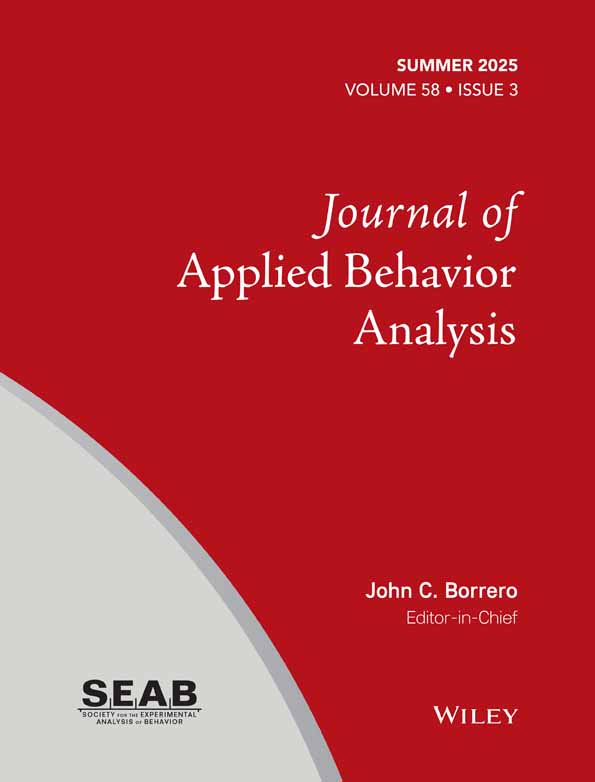IMPROVING THE ACCURACY OF SELF-REPORTS OF ADHERENCE
Abstract
Behavioral scientists who study socially important but difficult-to-measure behaviors often rely on self-reports. We evaluated the influence of three experimenter demands—demand for adherence, demand for accurate reports, and demand for accurate reports combined with a prompted recall strategy—on the accuracy of self-reports of adherence to a week-long prescribed regimen of twice-daily telephone calls. Self-reports of adherence were significantly more accurate in the accuracy demand/prompted recall group (p < .05). The analogue study should be replicated with other regimens and populations to determine the most effective strategies for enhancing the accuracy of self-reports.




